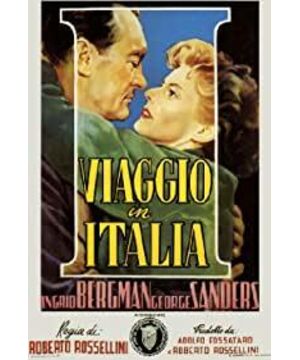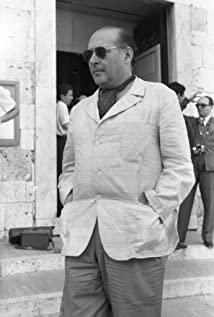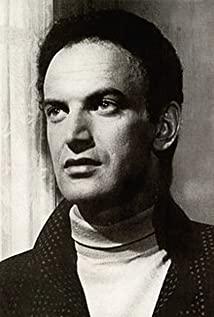2022.01 |Second brush after one year, amazing, changed from three stars to five stars hhh The incompatibility of emotional idealists and rational realists. However, when two romantic ideals are put together, they can only be Bai Yueguang who talks and writes poetry. The poet who came to her door in the rain was also a lunatic, but the soul she admired, just like the sculptures in the museum and the ancient city of Pompeii. The so-called art is the rampant emotion. There is also the metaphor that everyone has experienced a shipwreck, whether it is passive occlusion or active laziness, how can you tell, but everyone falls into this way of life by coincidence.
2021.01 |The Pompeii ruins and the sculptures in the museum are photographed here. If there is no inspiration, I don’t believe that the statue of Alain Resnais will die. This poetic description, exquisite picture, grand music, solemn atmosphere... The heroine recalls The past between her and the poet must have fallen in love with each other. I can understand that she went to some places to reminisce, but the content of the recollection is all along the footsteps of the poem, not the traces of the two people's relationship, which seems a bit false. It should be said that only when you are chasing stars will you follow the footsteps of the work. After all, the work is packaging and externalization, and there should be stories like coming out of you in heavy rain between close people. And, although it is said that the breakup between lovers is a small fight, the two protagonists' emotional scenes, divorce and reconciliation are too sudden. And, this film should be the originator of countless city roaming films that follow. The heroine travels all over Italy, touching the scene. Rossellini is starting to move away from pure neorealist transformation...
View more about Journey to Italy reviews











